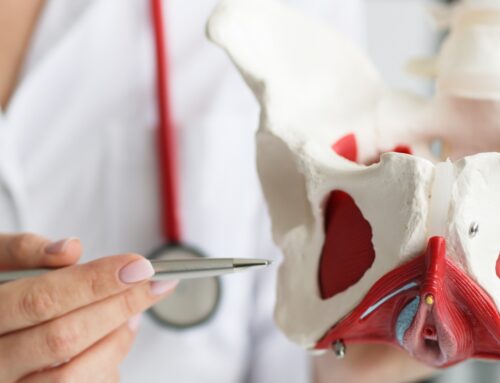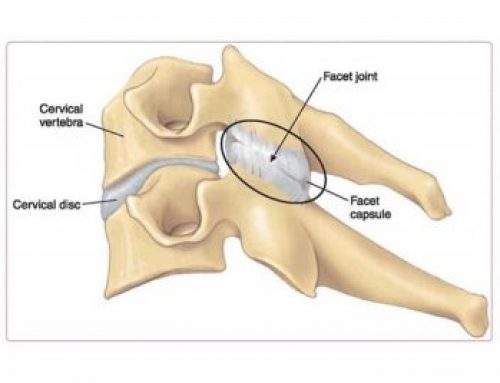
Today we gain insights from Dr. Bryan on how our sleep conditions contribute to poor sleep quality and neck and back pain. That’s important when we consider one-third of our lives are spent sleeping.
“What you are sleeping on (mattress), what you are sleeping with (pillows, sleep supports), and how you sleep (position, ergonomics) can all contribute to pain,” says Dr. Bryan.
According to the National Sleep Foundation’s inaugural Sleep Health Index™, forty-five percent of Americans say that poor or insufficient sleep affected their daily activities at least once in the past seven days. That is astounding when you consider we have the greatest sleep technology at our disposal yet we have never seen more spinal problems in history.
Improper sleep not only affects our posture, it increases pain and the amount of sleep we get. The bottom line is improper sleep affects our overall health. When we don’t get enough sleep, it begins to cause a whole new set of issues including metabolic changes such as altered cortisol levels commonly attributed to stress.
So, what should you do? When you see our Doctors combined with our Family Nurse Practitioner and Physical Therapists, we can assess and help make changes to this area of your life for improved health.
We also recommend implementing good sleep hygiene practices. A firm mattress helps keep the spine in alignment. The hips are the heaviest part of the body and should be well supported so they don’t cause that part of the body to sag. Dr. Bryan would say to avoid sleeping on the stomach with one’s head turned. Sleeping on the side with supports between the legs and the arms helps keep the spine in proper alignment. Ask our team for help to get you on the path to wellness.






